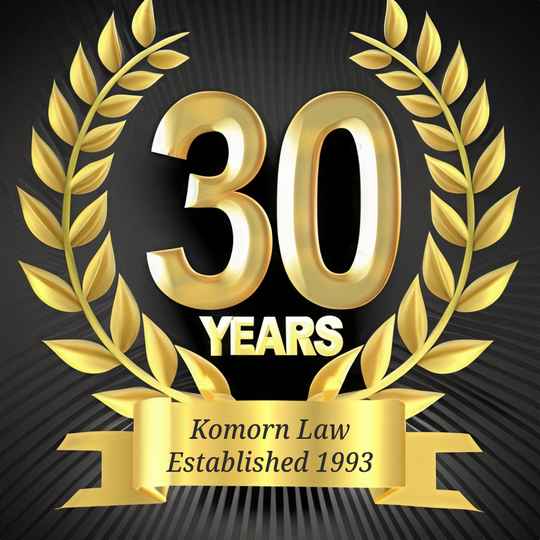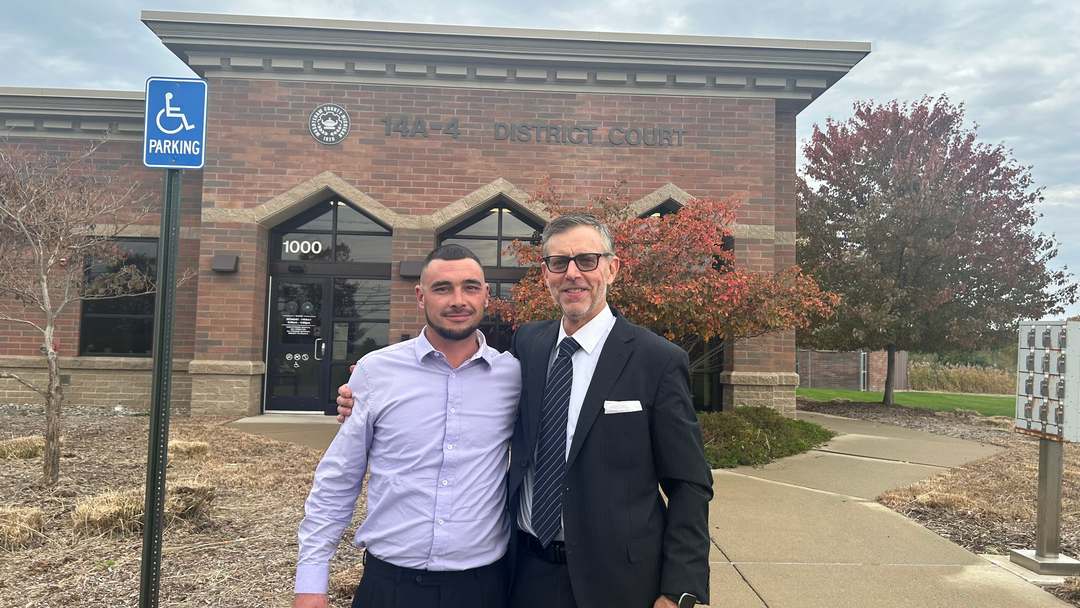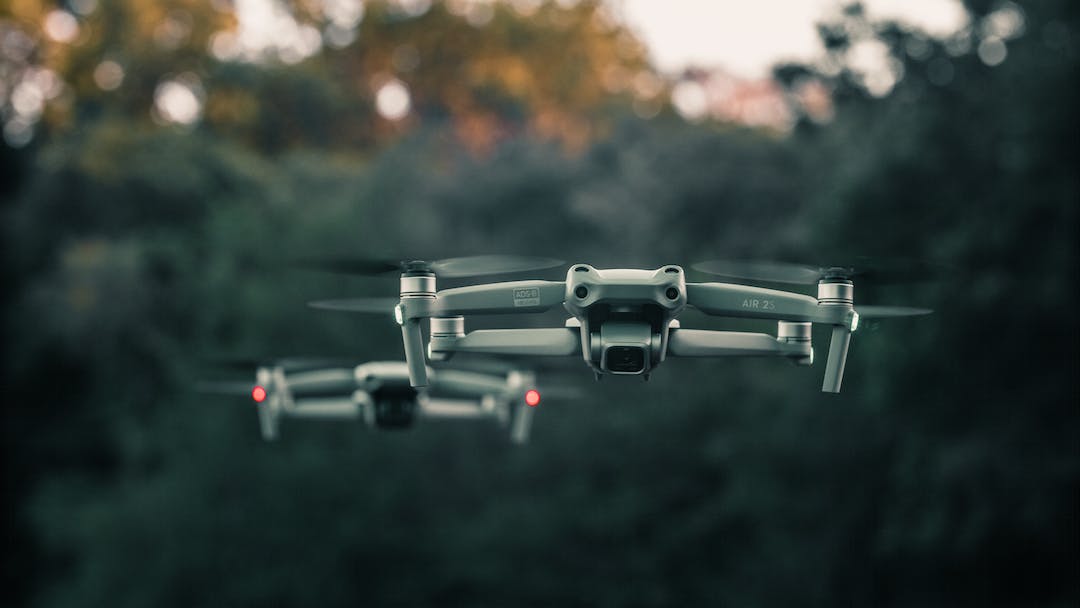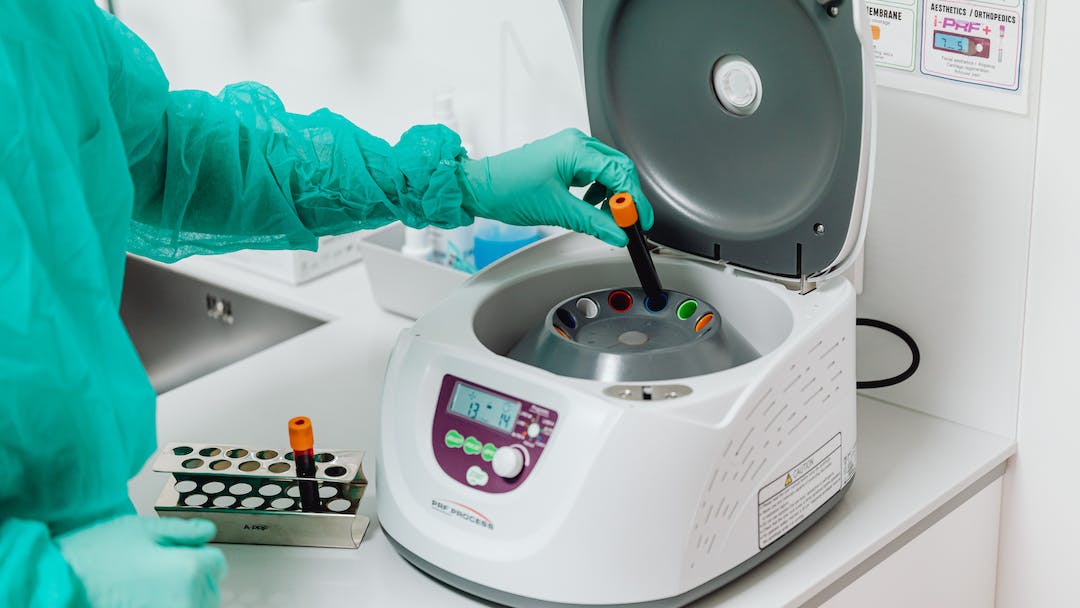No Results Found
The page you requested could not be found. Try refining your search, or use the navigation above to locate the post.

With extensive experience in criminal legal defense since 1993 from pre-arrest, district, circuit, supreme and the federal court systems. Attorney Michael Komorn has a mature understanding of the inner workings of the trial and the appeals process.
Komorn has successfully represented Michigan clients in cases involving DUI, OUI, homicide, child custody, gun restoration, professional license restoration, criminal charges, criminal enterprise, medical marihuana patients and caregivers, doctors, driving while high, drug charges, maintaining a drug house, etc.
Komorn is recognized as the leading consultant and defense attorney with a relentless pursuit for the rights of individuals regarding the laws enacted by the people of Michigan regarding the Medical Marihuana Act (MMMA) and MRTMA (Adult Recreational Use).
He is a member of the American Bar Association (ABA), NACDL, Recorders Court Bar Association and winner of the 2016 CDAM award. He also provides mentoring for juvenile clients who have had involvement with the criminal justice system.
Komorn has represented clients in numerous jury trials and his appellate work includes several published cases.
With dozens of victories and an expert litigator in criminal law defense, Michael and his team take an aggressive approach toward all issues on every case, giving our clients an edge through the legal system.
Do your research – Just Google Michael Komorn to learn more.
Then call our firm confidently knowing that we will jump in the trench and fight to the end for you and with you.
If you find yourself facing the justice system don’t do it without hiring an attorney that will turn your defense into an offense. In the long run the cost of an aggressive attorney verses living with what the system puts you into for the rest of your life could be less. The system just stretches it out over years.
So just call our office and talk to us about your situation. We’ll let you know if and how we can help you. The evaluation is free.
The page you requested could not be found. Try refining your search, or use the navigation above to locate the post.

Having a valid driver’s license is essential for individuals to engage in their daily routines, such as commuting to work, running errands, socializing, and more. Without the ability to legally drive, one faces limitations in performing these ordinary activities.
If you find yourself facing the daunting task of navigating the administrative process to reinstate your driver’s license, know that you don’t have to tackle it alone. At Komorn Law, we understand the complexities involved and are here to provide you with the guidance and support you need.
You know how it feels to be without the ability to drive legally. I don’t think we need to say anymore.
Our experienced team is well-versed in the intricacies of the reinstatement process, ensuring that you have the best chance of successfully regaining your license.
So just call us and talk to us about your situation. We’ll let you know if and how we can help you. The evaluation is free.
Legal Update No. 153 (01/2023)
Legal Update No. 150 (01/2022)
Legal Update No. 148 (09/2021)
The page you requested could not be found. Try refining your search, or use the navigation above to locate the post.

Komorn law is pleased to report another victory for a client entangled in the justice system.
After a lengthy evidentiary hearing, we heard the magic words stated from the Court,
For these reasons I am going to grant the defendants motion to suppress the evidence seized (our client’s blood) because probable cause did not exist to arrest the driver.
This case was initiated back in January of 2021. Originally charged as a driving under the influence of cannabis, as we see in so many cases, the driver admits to smoking cannabis at some point prior to driving.
After performing some field sobriety tests most people could not pass sober on a warm windless day… you have an arrest. This leads to a blood draw and some charges alleging you were intoxicated while operating a motor vehicle.
This case was delayed, mostly because in 2022, the Michigan State Police Forensic Science Division (MSP/FSD) announced that it was halting THC testing because the toxicology test used a reagent in the preparation of the sample that converted CBD to THC.
Over 3,000 cases may have been impacted by inaccuracy of Michigan State Police marijuana testing
The MSP/FSD then shut itself down, to establish a new THC testing platform. Allegedly, to avoid a backlog during the offline period beginning in August, the FSD outsourced some (700) samples to a private toxicology lab.
It was at that time the State amended the charges in this case from a driving under the influence of marijuana to Operating Under the influence of a combination of Alcohol and a controlled substance (marijuana).
It should be noted that our clients blood alcohol level was below the legal limit, however for reasons that are not supported by science, logic or law, the States theory of criminality was a below the legal limit alcohol level and the presence of THC in the blood.
The story of this case began where it should have ended, at the traffic stop. The arresting officer claimed he observed our client driving with expired tags.
When the officer got behind our client’s vehicle, my client was aware that his tags were expired and upon seeing the police vehicle driving behind him, pulled into a driveway he was familiar with and had done work at that house before.
Upon observing this behavior, the officer became extremely suspicious and after passing by the driveway our client had pulled into, circled back around and waited for our client to depart from the driveway he had pulled into.
Sure enough when our client began to drive again, the office caught back up to our client, followed him for approximately 3/4 of a mile before turning on his sirens and pulling our client over.
Upon approaching the driver, screaming at my client, the officer demanded to know why the driver was “ trying to short block him”.
What do you have in the car, where are you going, why are you being so suspicious and what is wrong with you. Our client tried to explain, his other vehicle wouldn’t start that night, and he was forced to use this vehicle he was driving despite knowing it did not have current registration of the plates.
The officer did not believe our client, claimed he smelled marijuana in the car, and ordered my client out to perform the field sobriety tests.
The issue we raised was at the evidentiary hearing, was that probable cause to arrest under these circumstances was not supported by the evidence.
In addition to the police reports the in car video and body cam evidence, was a treasure trove of exculpatory evidence, which supported our position.
After a very thorough cross examination of the arresting officer, including but not limited his training in Field sobriety testing and his substantial compliance with the standards prescribed by the National Highway Traffic Safety Administration (NHTSA).
“Standardized field sobriety test” means 1 of the standardized tests validated by the National Highway Traffic Safety Administration. A field sobriety test is considered a standardized field sobriety test under this section if it is administered in substantial compliance with the standards prescribed by the National Highway Traffic Safety Administration.”MCL 257.62a.
The Court agreed with our position and suppressed the evidence that was seized based upon the illegal arrest and violation of my clients 4th amendment right to be free from illegal searches and seizures.
Hire a Lawyer that has specialized in fighting for those that want to take a stand against the “justice system”
FREE CASE EVALUATION
A big shout out goes to our client for having the courage to fight the state on this silly over charged and baseless crime.
When you take a stand and fight for your rights… the cost to hire a lawyer can end up to be less than what the system will takes from you.
Additionally, the Judge in our case was patient, objective, composed and impartial exhibiting some of the best qualities and demeanor from the bench in recent memory.
Limit chit chat and interacting with a police officer during a traffic stop. Admitting to smoking cannabis, although legal, in these situations almost always creates suspicion for officers, that will surely result in the driver being asked to step out of the car so the officer can determined if you are safe to drive.
A driver is not required to participate in providing evidence to the police that will help convict that driver. Participating in the field sobriety testing is not required, and most people should not presume that independent of their self perceived athleticism, that they will satisfy the officers concerns by taking these tests. It is ok to say, my lawyer has told me not to take these tests.
In this case, there was literally no bad driving or even the suggestion that my client was driving less prudent than the normal driver. This case was made by, manufactured by the admission of “ smoking cannabis” and not satisfying the arresting officers requested tests.
It was a good day and the fourth Amendment is still a thing for now.
Legal Update No. 153 (01/2023)
Legal Update No. 150 (01/2022)
Legal Update No. 148 (09/2021)
The page you requested could not be found. Try refining your search, or use the navigation above to locate the post.

Drone Surveillance and the Fourth Amendment: A New Case
In a recent decision, the Michigan Court of Appeals held that persons have a reasonable expectation of privacy in their property against drone surveillance conducted without a warrant or pursuant to a recognized exception to the warrant requirement. The case, Long Lake Township v Maxon, involved a civil zoning dispute in which the Township used a drone to take aerial images of the Maxon property without consent or any other specific legal authorization.
The Court of Appeals found that drone surveillance of private property is necessarily more intrusive and “qualitatively different” than the use of airplanes and helicopters permitted under California v Ciraolo and Florida v Riley. The Court noted that drones can fly at lower altitudes and hover in place, allowing them to collect more detailed images and information about private property.
The Court also found that the use of low-altitude unmanned drones to conduct targeted surveillance of private property is more like the use of thermal imaging devices found to be a “search” in Kyllo v United States. In Kyllo, the Supreme Court held that the government’s use of a thermal imaging device to monitor the radiation of heat from a home was a Fourth Amendment search. The Court reasoned that the government’s use of the thermal imaging device was a physical intrusion into the home’s curtilage, which is an area around the home that is considered to be part of the home itself.
The Court of Appeals in Long Lake Township v Maxon found that the Township’s use of a drone to take aerial images of the Maxon property without consent was a similar physical intrusion into the Maxon property. The Court also noted that the existing law in Michigan recognizes a reasonable expectation of privacy and other legal protections against drone misuse.
The decision in Long Lake Township v Maxon is significant because it is one of the first cases to address the Fourth Amendment implications of drone surveillance. The Court’s decision provides clear guidance to law enforcement and other government agencies that they cannot use drones to conduct surveillance of private property without a warrant or a recognized exception to the warrant requirement.
Implications for Law Enforcement
The decision in Long Lake Township v Maxon has important implications for law enforcement agencies that use drones for surveillance purposes. Law enforcement agencies should review their policies and procedures to ensure that they are consistent with the Fourth Amendment requirements set forth by the Court of Appeals.
In general, law enforcement agencies should obtain a warrant before using a drone to conduct surveillance of private property. However, there are a few limited exceptions to the warrant requirement, such as when the surveillance is conducted in response to an emergency or when it is conducted in a public area where there is a diminished expectation of privacy.
Law enforcement agencies should also be aware that the Fourth Amendment may apply to the use of drones even if the surveillance is not conducted directly by the agency itself. For example, if a law enforcement agency contracts with a private company to conduct drone surveillance on its behalf, the agency may still be required to comply with the Fourth Amendment.
Want to fight that charge!
Call Our Office for a Free Case Evaluation
The decision in Long Lake Township v Maxon is a significant development in the law of drone surveillance. The Court’s decision provides clear guidance that the Fourth Amendment protects people from warrantless drone surveillance of their private property. Law enforcement agencies and other government agencies should review their policies and procedures to ensure that they are consistent with the Court’s decision.
The Court found the use of low-altitude unmanned
drones to conduct targeted surveillance of private property
to be more like the use of thermal imaging devices found
to be a “search” in Kyllo v United States when used to
monitor the radiation of heat from a home, and further
noted the existing recognition of a reasonable expectation
of privacy and other legal protections against drone misuse
as found in MCL 259.322(3) and MCL 259.320(1) (See Below)
259.322 Operation of unmanned aircraft system; harassment, violation of order, or invasion of privacy prohibited; definition; individual registered as sex offender.
Sec. 22.
259.320 Criminal liability; offense committed with aid of an unmanned aircraft system; exception.
Sec. 20.
Legal Update No. 153 (01/2023)
Legal Update No. 150 (01/2022)
Legal Update No. 148 (09/2021)
The page you requested could not be found. Try refining your search, or use the navigation above to locate the post.

THC Detection in Blood: A Comprehensive Review
Tetrahydrocannabinol (THC), the main psychoactive compound in marijuana, can remain detectable in the blood for several days or even weeks after use. This is due to the fact that THC is highly fat-soluble, meaning that it dissolves easily in fat cells. Once THC is absorbed into the bloodstream, it is distributed throughout the body, including the fat cells. When THC reaches the brain, it binds to cannabinoid receptors, producing the intoxicating effects associated with marijuana use.
As the intoxicating effects of THC wear off, it is released from the brain and redistributed to other tissues, including the fat cells. THC can be stored in fat cells for weeks or even months, and it is released slowly back into the bloodstream over time. This means that a blood test for THC can detect past marijuana use, even if the individual is no longer under the influence.
Want to fight that charge!
Call Our Office for a Free Case Evaluation
Factors that Affect THC Detection in Blood
A number of factors can affect how long THC remains detectable in the blood, including:
Interpretation of THC Blood Test Results
It is important to note that THC blood levels do not necessarily correlate with impairment. Some individuals with high THC blood levels may not be impaired, while others with low THC blood levels may be impaired. Other factors, such as individual tolerance, route of administration, and time since use, can also play a role.
In addition to the information above, here are some additional scientific details about THC detection in blood:
Additional research is needed to better understand the relationship between THC blood levels and impairment. Researchers are also working to develop new methods for detecting THC in blood that are more sensitive and specific.
Legal Update No. 153 (01/2023)
Legal Update No. 150 (01/2022)
Legal Update No. 148 (09/2021)
The page you requested could not be found. Try refining your search, or use the navigation above to locate the post.

Ignition interlock devices (IIDs) are becoming increasingly common in the state of Michigan. An IID is a device that is installed in a vehicle and prevents the engine from starting unless the driver blows a breathalyzer test and their blood alcohol content (BAC) is below a certain limit.
When is an IID required in Michigan?
An IID is required in Michigan for the following offenses:
An IID may also be required as a condition of probation for other alcohol-related offenses.
How does an IID work?
An IID is typically installed under the steering wheel of a vehicle. When the driver wants to start the engine, they must blow into a tube attached to the device. The device will then analyze the driver’s breath for alcohol. If the driver’s BAC is below the preset limit, the engine will start. If the driver’s BAC is above the limit, the engine will not start and the driver will be unable to drive.
In addition to preventing the engine from starting, IIDs also require drivers to provide rolling retests while driving. This means that the device will randomly prompt the driver to blow into the tube at different times during the trip. If the driver fails a rolling retest, the engine will shut off and the driver will be unable to restart it.
How long do I have to use an IID?
The length of time that a driver is required to use an IID depends on the offense. For a first-time DUI conviction with a BAC of 0.17% or higher, the IID requirement is six months. For a second or subsequent DUI conviction, the IID requirement is one year. For driving with a minor in the vehicle while under the influence of alcohol, the IID requirement is three years.
How much does an IID cost?
The cost of an IID varies depending on the manufacturer and the features of the device. However, drivers can expect to pay around $100 per month to rent an IID. There is also an installation fee and a fee for monthly calibration.
How do I get an IID installed?
To get an IID installed, you must contact a certified IID installer. The installer will schedule an appointment to install the device in your vehicle. You will need to provide proof of insurance and a valid driver’s license.
Can I get an IID waiver?
In some cases, drivers may be eligible for an IID waiver. For example, a driver may be eligible for a waiver if they have a medical condition that prevents them from using an IID. To apply for an IID waiver, you must contact the Secretary of State’s Office.
Legal Update No. 153 (01/2023)
Legal Update No. 150 (01/2022)
The page you requested could not be found. Try refining your search, or use the navigation above to locate the post.